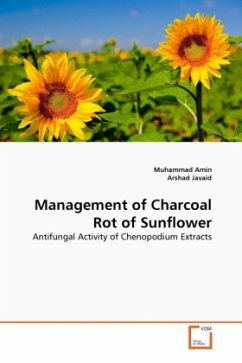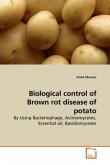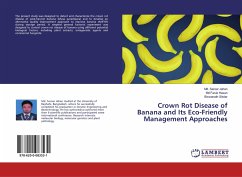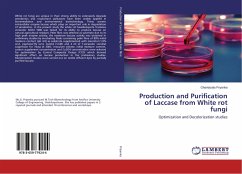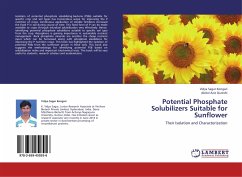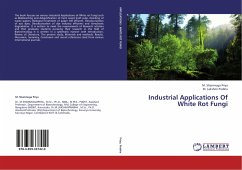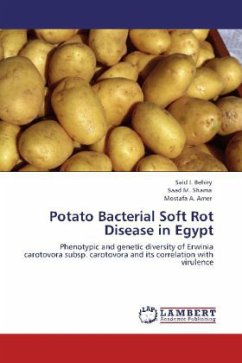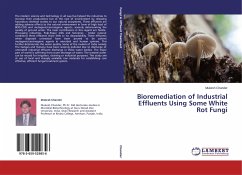Sunflower is one of the four major oilseed crops produced in the world. The sunflower oil is preferred over other vegetable oil because of its specific characteristics as it is very easy to refine, has good digestibility, and low level of cholesterol and saturated fats. The yield of this valuable crop is decreasing tremendously due to charcoal rot disease caused by Macrophomina phaseolina. Synthetic chemicals are being used to control the fungal diseases. However, increasing public concern on environmental issues requires alternative disease management systems, which are based on naturally occurring compounds. The present study was designed to evaluate antifungal activity of three Chenopodium species viz. C. album, C. murale and C. ambrosioides against M. phaseolina. All the parts of the selected Chenopodium species exhibited promising antifungal activity against the noxious charcoal rot pathogen. This book is very useful for those researchers who are in search of naturally occurring environment friendly compounds for the management of plant diseases.
Bitte wählen Sie Ihr Anliegen aus.
Rechnungen
Retourenschein anfordern
Bestellstatus
Storno

